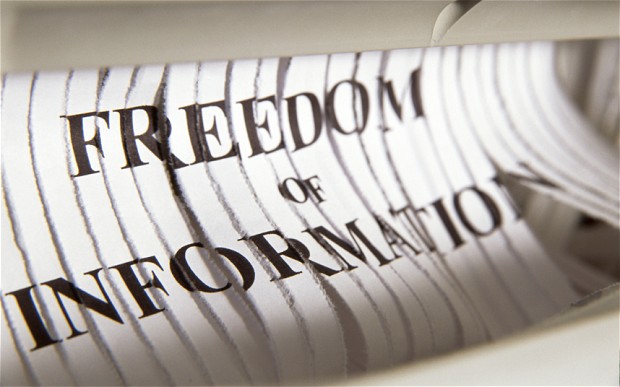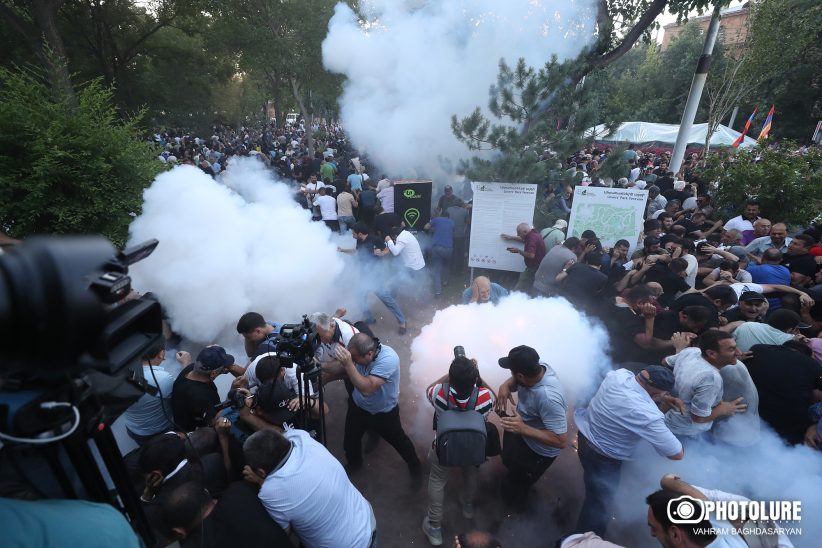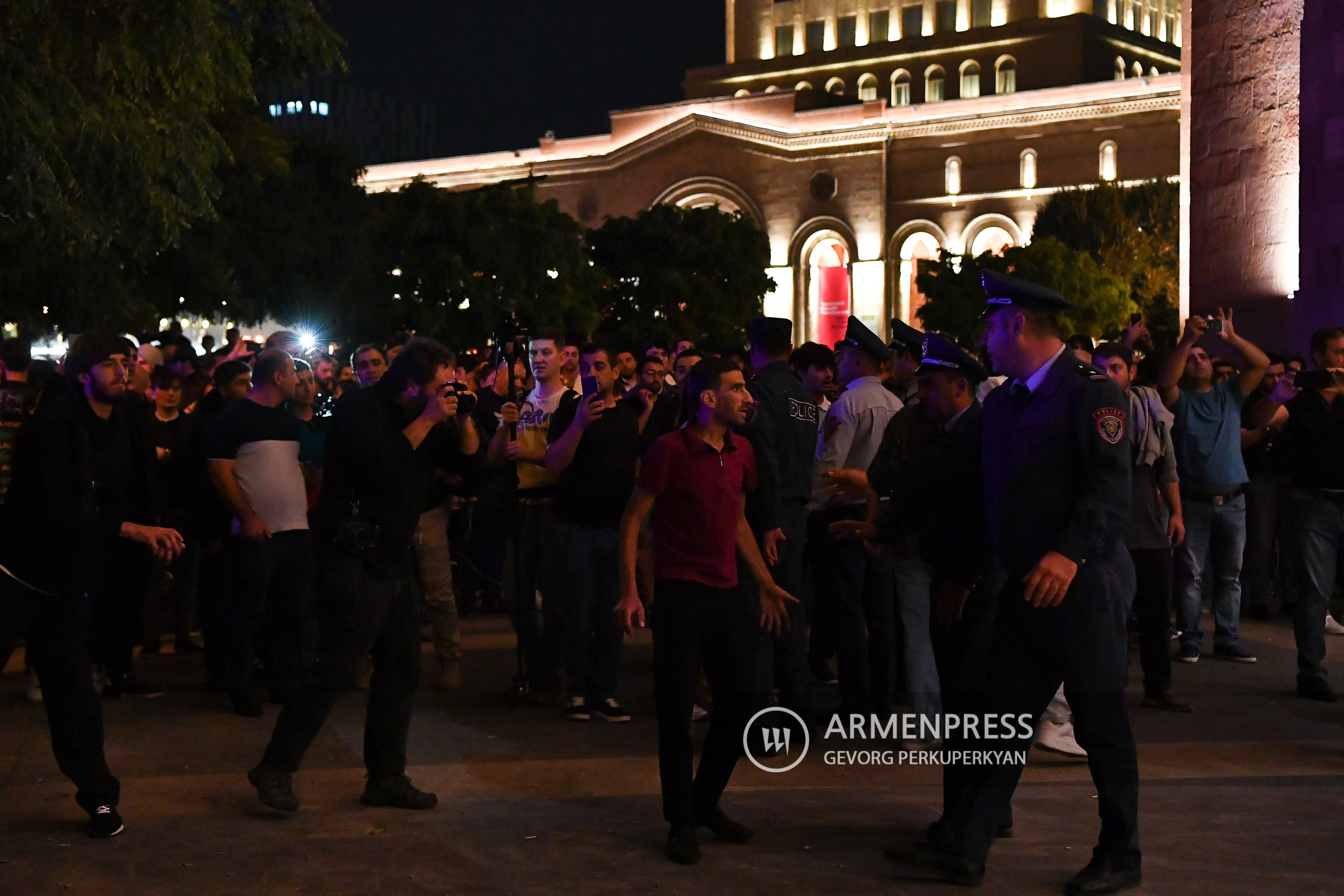The third quarter of 2024 was marked by a relatively quiet period for the activities of journalists in Armenia, which was largely conditioned by the cessation of internal disputes, protests and clashes that typically accompany them. Thus, no cases of physical violence against media representatives were recorded in the months of July-September. The cases of various other pressures decreased, with 11 recorded incidents—2.5 times less than the indicator of the previous quarter. On the other hand, the number of violations of the right to receive and disseminate information reached 41, representing more than a twofold increase.
Demonstrations of insulting and disrespectful attitude towards certain media and journalists by state officials and politicians continued. These facts serve as clear evidence of intolerance towards free speech and dissent. On the other hand, the majority of the media continue to be polarized and politicized, which does not contribute to the unbiased presentation of information, impartial coverage of events, and the widespread reach of quality journalism in the country. A lot of media and journalists fail to accept or adhere to the norms of professional ethics, which does not allow the development of the media self-regulation system. The draft law on making amendments and supplements to the Law “On Mass Communication,” developed through a partnership involving a number of journalistic organizations, the Ministry of Justice, the relevant parliamentary commission, as well as international organization Freedom House, is aimed at improving the situation. It has been sent to the RA Government, as well as the Venice Commission of the Council of Europe to gain the latter’s expert opinion.
One of the positive aspects of the period under review is the reduction in the number of new lawsuits against journalists and media. This could also be possibly conditioned by the relative calmness of the socio-political situation. There are 6 such lawsuits, all centered on allegations of defamation and insult. Among the plaintiffs is also Alen Simonyan, the Speaker of the National Assembly, who is one of the leading officials involved in legal actions against media.
For journalists, obtaining information from state institutions remains a serious challenge, creating a major impediment to the coverage of high-profile topics, dissemination of accurate information, which often leads to misinformation. One striking example from the quarter under review was disregarding media inquiries concerning the police actions and the use of special means near the National Assembly on June 12, or providing responses that were inadequate, and in some cases misleading. In this regard, the Ministries of Internal Affairs and Health were particularly notable, as they attempted to buy some time by offering “vague” responses to the inquiries and eventually amended their internal legal acts to ensure that the use of special means would be considered as well-founded.
A significant event of the quarter was the competition for the vacant position of director at the Public Radio, which concluded with Armen Koloyan being declared the winner. Prior to this, Koloyan worked as a journalist at Radio Free Europe/Radio Liberty Armenian Service. Out of the 8 participants of the competition, 2—journalist Lusineh Petrosyan and former Public Radio director Garegin Khumaryan—questioning the objectivity of the competition, expressed their intention to challenge the results in court. So far, only Lusineh Petrosyan has proceeded with filing a lawsuit.
Interesting developments have been observed in the case of journalists injured due to police actions on June 23, 2015 on Baghramyan Avenue during the Electric Yerevan protests. To remind, 3 of these journalists turned to the Committee to Protect Freedom of Expression, which has been representing their interests to this day. One of these cases is under review by the European Court, while the other 2 were submitted to the UN Human Rights Committee in 2020. On September 4, 2024, the UN Human Rights Committee requested a confirmation from the CPFE on whether it still insisted that the Committee address the issue concerning the protection of the injured journalists. Upon receiving a positive response, the UN body requested English translations of the relevant case documents, signaling hope that the brutalities committed against journalists nearly 10 years ago will receive a legal assessment from this institution.








